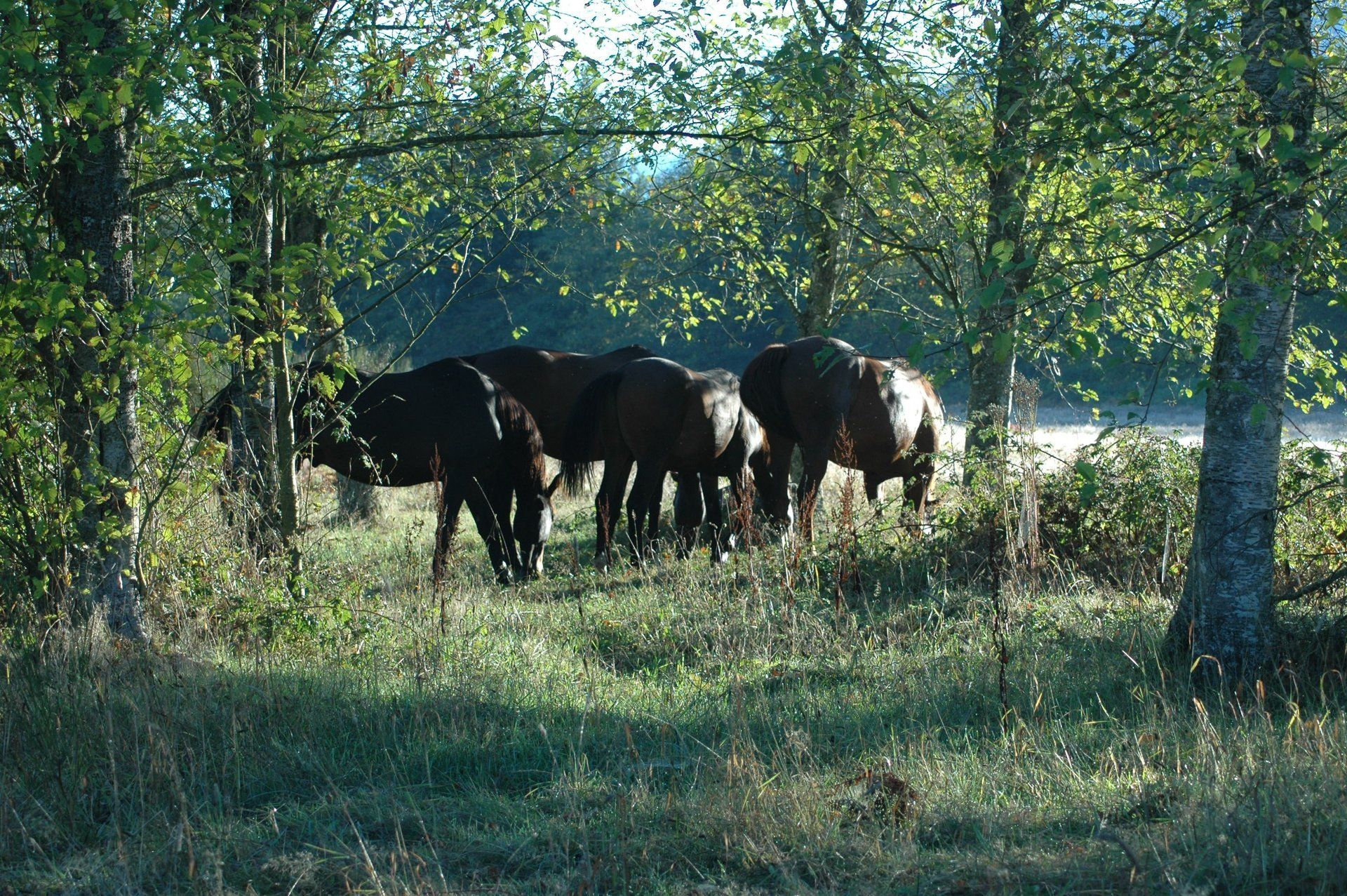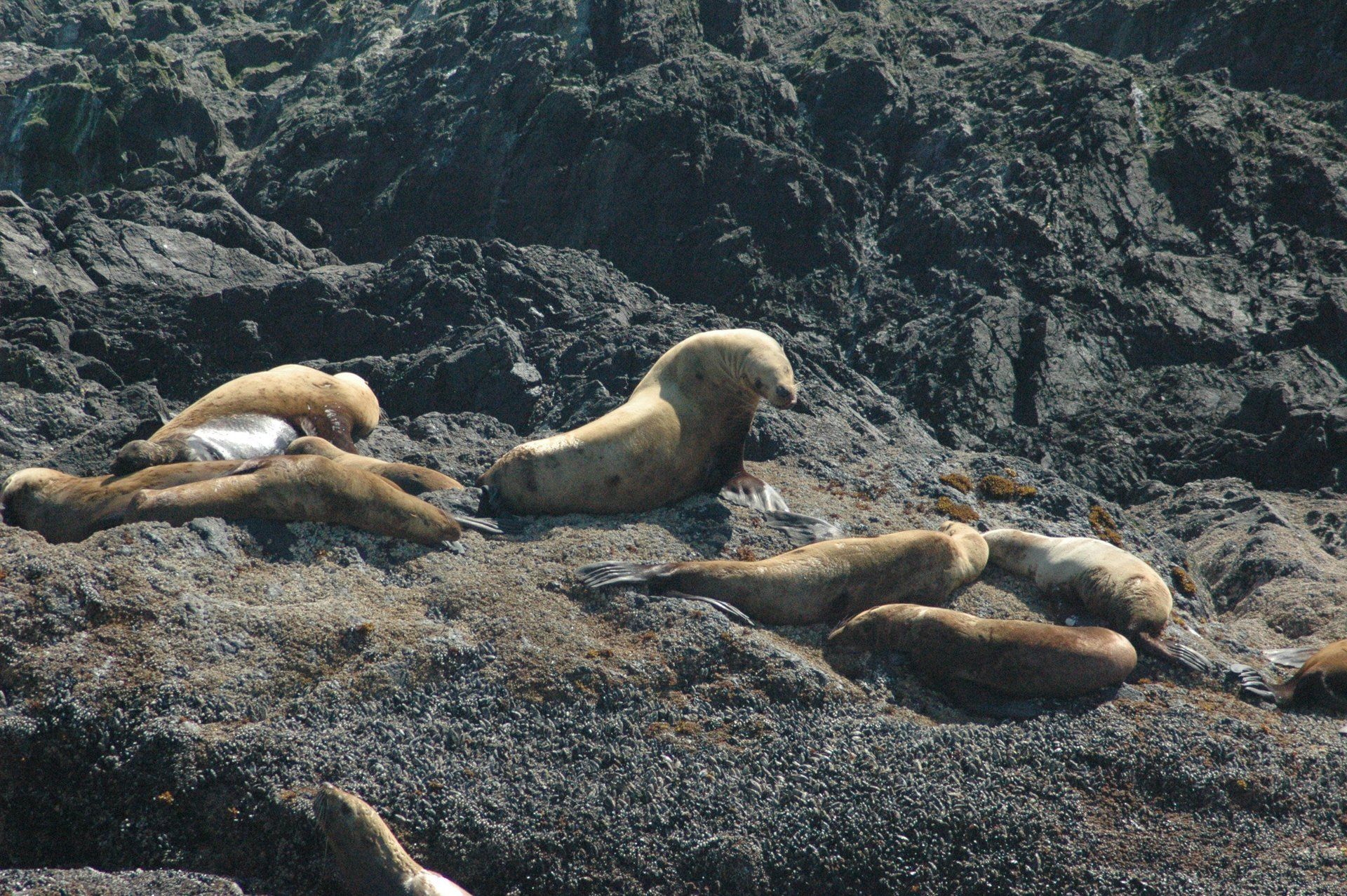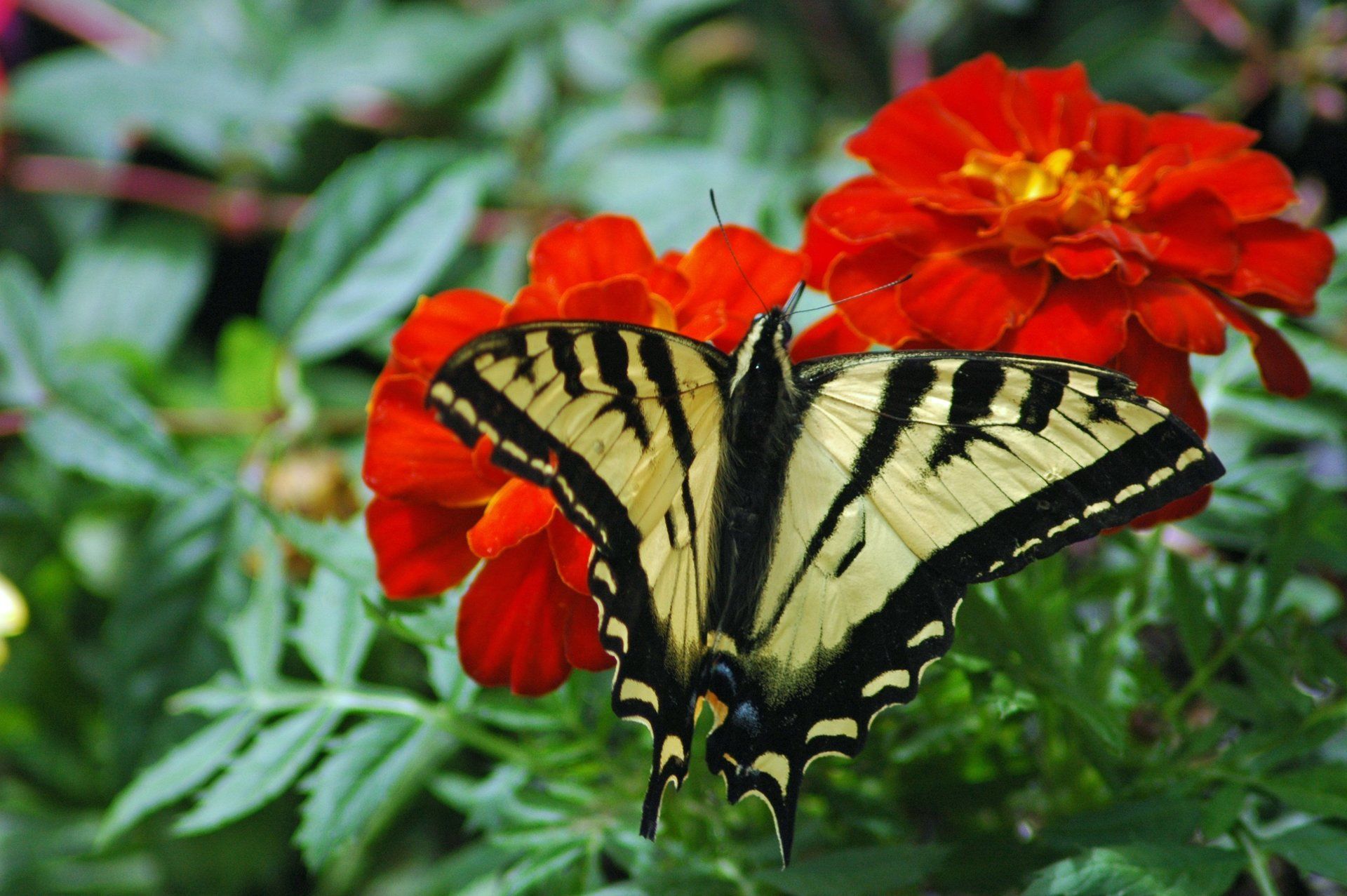
Books

Journalism


Courses
Canada and European leaders have rallied totally behind Greenland, supporting its independence and sovereignty. It is an autonomous territory within the Kingdom of Denmark with its own parliament and self-government. Greenland's security is included in NATO. The country belongs to its people and only they can decide on its future. That fact is rooted in international law.
In case anyone in the Trump administration did not understand the intent of Canada and the European leaders, the U.S. government has no business and no right thinking it can annex and take control of Greenland.
On January 6, Prime Minister Carney stated Canada is opening a new consulate in Nuuk, Greenland's capital city "to strengthen our engagement in support of Denmark's sovereignty and territorial integrity." Foreign affairs minister Anita Anand will be travelling there in a few weeks to open the new facility.
Great move.
Security of the Arctic is at the base of all this, as much for the U.S. as for Greenland and Canada. But rather than bringing in the big guns, as the U.S. did in Venezuela - illegally - they need to grab a chair, sit at the table and talk diplomacy. The invasion of Venezuela was a flagrant violation of the prohibition of the use of force enshrined in the UN Charter and a breach of U.S. law.
Dangerous talk of smash and grab has got to stop.
With all the upheavals and shocking events in 2025, passing almost unnoticed are some reassuring wins for both climate and nature that hopefully will set the path forward in 2026. These were reported on the BBC website by a team of diverse and talented reporters and deserve being recognized.
Wind, solar and other power sources surged past coal as the world's leading source of electricity. Leading the pack in renewables has been China with its clean energy outputs and technologies. Globally, the rate of growth in renewables is growing at an astonishing 80%.
A global agreement to protect the high seas was formulated in 2023 but in 2025 the agreement was ratified by enough countries to bring it into force.
Last year Brazil hosted COP30. With the Amazon rainforest on its backdoor, Brazilians were well aware of the contrasts between the intents of COP30 and deforestation. But the country announced plans to push its previous commitment to end deforestation by 2030, a move supported by more than 90 countries.
The International Court of Justice, the highest court in the world, cleared the way for countries to sue each other over climate change. How that pans out will be interesting to see in the months/years ahead.
Some endangered species are making a comeback including green turtles whose status has been moved from 'endangered' to 'least concern' by IUCN. Sea turtles increased their nests in Florida by more than 2,000, and, in India, the world's wild tigers have doubled in population in just over a decade.
Indigenous peoples were recognized at the UN level as leaders in the planet's stewardship, long overdue.
And salmon are flooding traditional spawning grounds on the Klamath River, California, after four dams were removed. The dams that had polluted the river for decades were taken down in 2024 allowing free flow of the river - and a free swim for salmon. Terrific news!